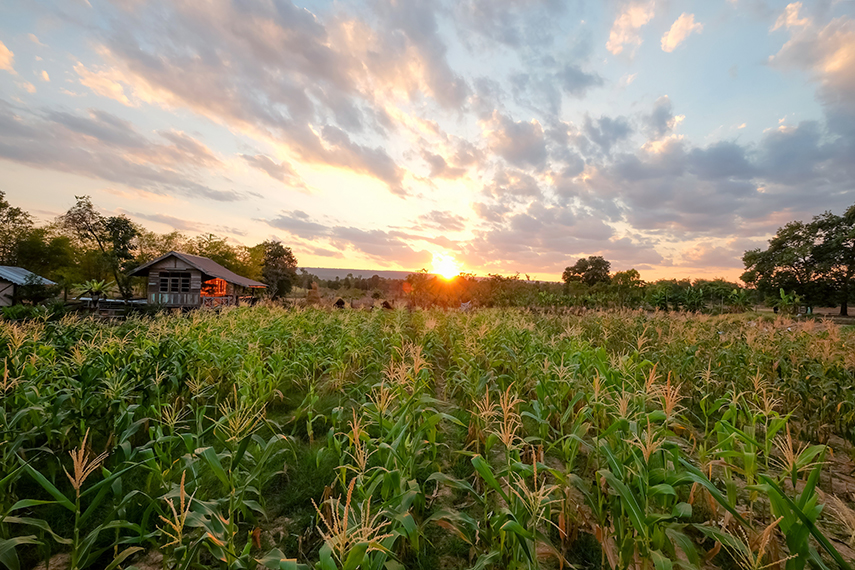Organic agriculture outshines conventional in mitigating climate crisis

Published: April 9, 2024
Category: Organic News
Study finds increase in organic cropland decreases emissions; opposite true for conventional farmland
A comprehensive study published in August 2023 makes clear the tremendous potential for organic agriculture to lower greenhouse gas (GHG) emissions to lessen climate change impacts.
Building on and going beyond past studies, the research—appearing in
Journal of Cleaner Production—focused on spatial distribution of ag emissions across all 50 U.S. states. It included comparative analysis between conventional and organic farming on energy use, greenhouse gas emissions (GHGe), nutrient leaching, soil quality, and biodiversity. The authors found that a “one percent increase in total farmland results in a 0.13 percent increase in GHG emissions, while a one percent increase in organic cropland and pasture leads to a decrease in emissions by about 0.06 percent and 0.007 percent, respectively.”
This study “provide[s] categorical supporting evidence…for the general expectation that organic farming is more environmentally sustainable than conventional farming.” Key findings:
- The spatial distribution of GHG emissions is uneven: highest emissions were in the Great Plains and southeastern U.S, with lower ones in California and the northeastern region extending from Michigan to Maryland;
- In high-emissions states, agriculture contributes significantly to GDP with organic representing a small proportion of total farmland;
- In low-emissions states, organic represents a large proportion of total farmland but contributes substantially less to GDP.
Rodale Institute’s 40-year farming systems report notes the benefits of regenerative organic farming:
- 3 to 6 times the profits of conventional;
- 40 percent higher yields over conventional during drought periods;
- 45 percent less energy use; and
- 40 percent less carbon emissions into atmosphere.
Source: Beyond Pesticides
https://beyondpesticides.org/dailynewsblog/2024/03/study-shows-organic-agriculture-mitigates-climate-crisis-in-contrast-to-conventional-agriculture/
Organic & Non-GMO Insights April 2024








